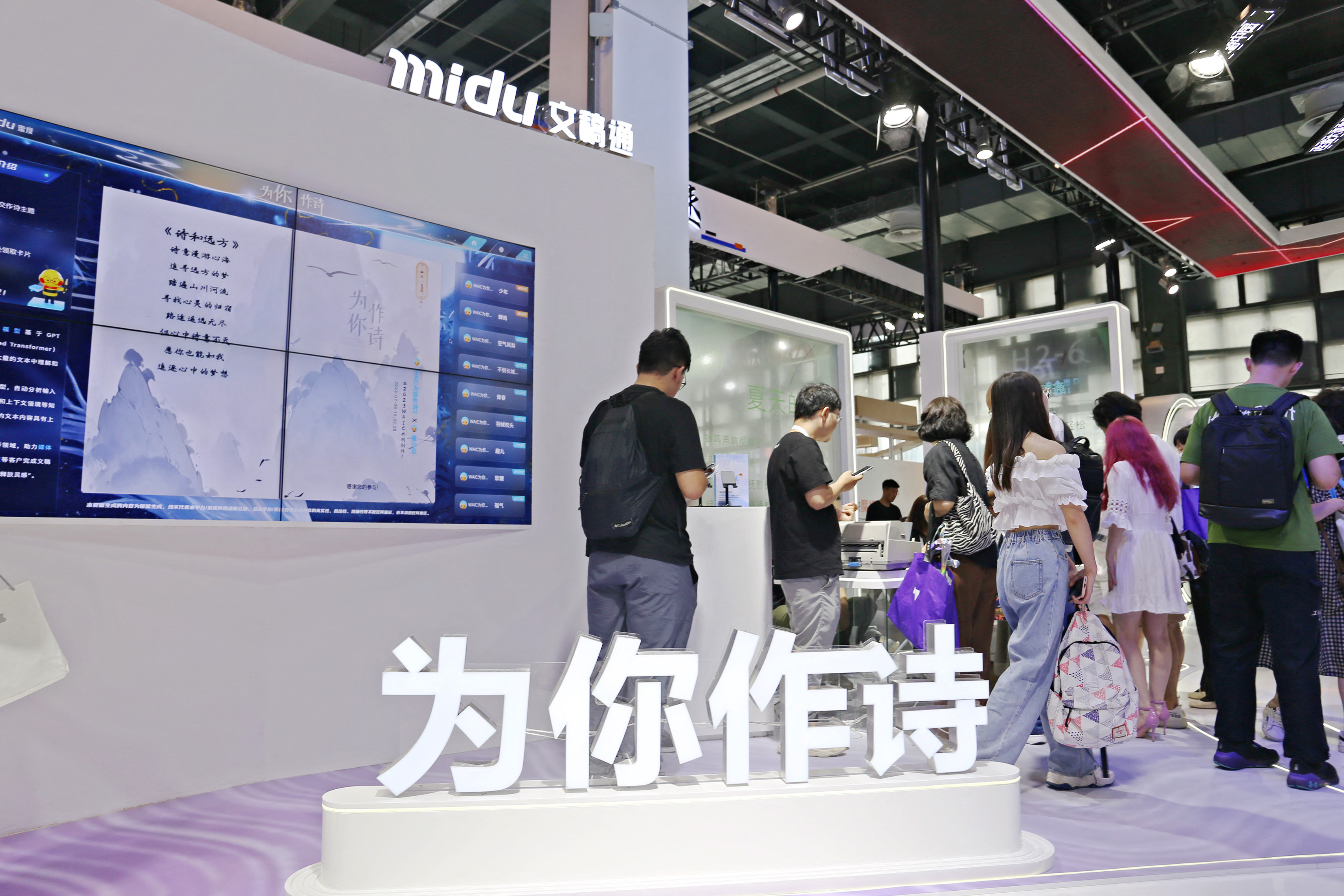China’s most valuable unicorn has been known for using some form of AI behind the scenes from day one. Its recommendation algorithms are considered the “secret sauce” behind TikTok’s success.
Now it is jumping into an emerging market for offering large language models (LLMs) as a service. Several other tech giants have done the same, including OpenAI, the Microsoft-backed start-up behind ChatGPT. Last month, it started allowing all users to make custom versions of ChatGPT for specific tasks, with no coding experience required.
The cloud unit of Baidu – the first Chinese tech giant to launch a ChatGPT rival called Ernie Bot in March – that same month rolled out Qianfan, a one-stop platform for enterprise users to develop LLMs and related services.
To date, OpenAI has still not made its services available in mainland China or Hong Kong, and other companies with similar products have followed suit, such as Google with its Bard chatbot. Microsoft, however, has been pushing its GPT-powered Copilot across Asia, including in Hong Kong.

